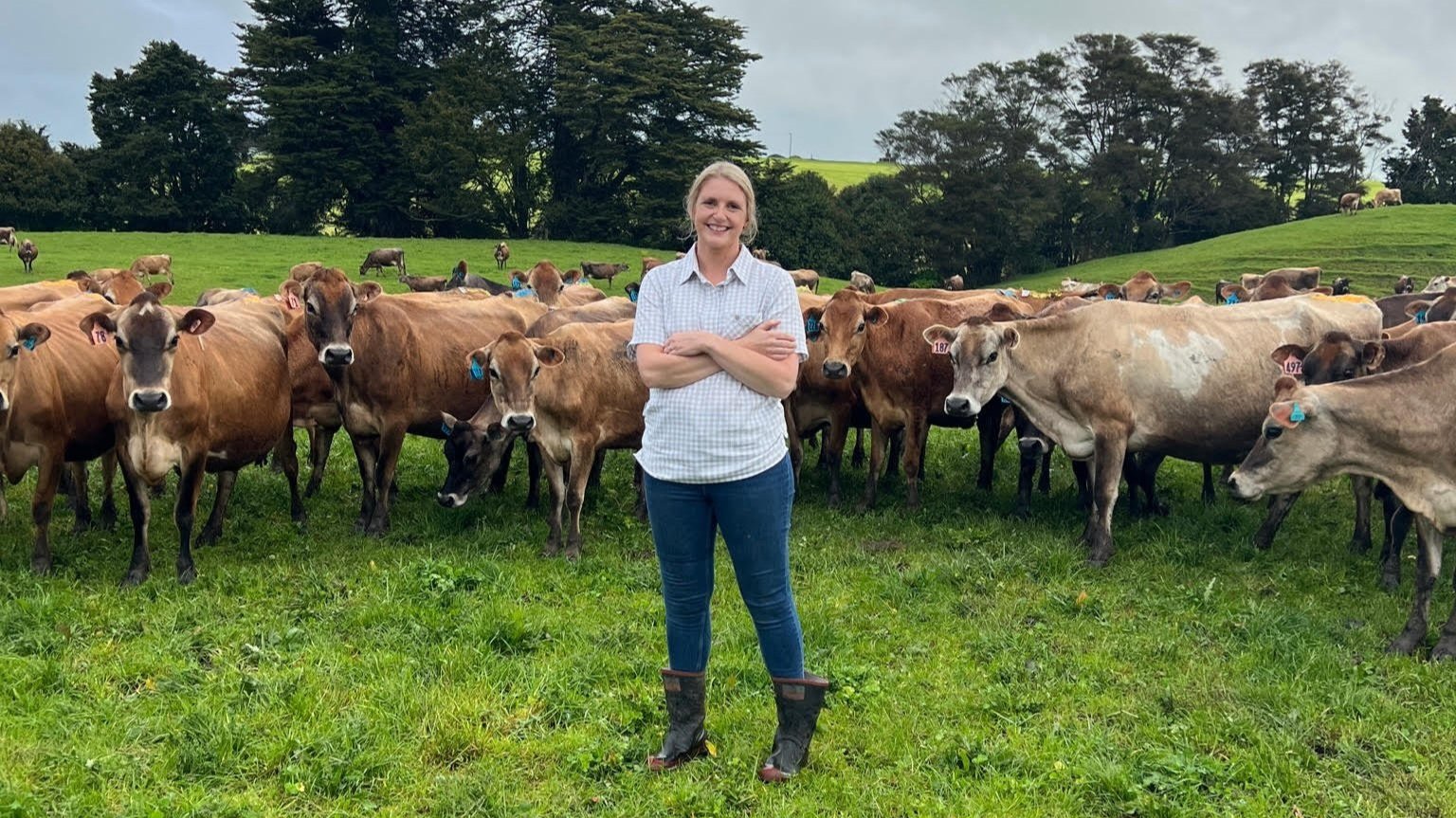Looking to step further off farm?
What to consider when choosing a sharefarming structure or where employing a manager might be better for your farm.
It’s the time of year farmers around the country are doing their annual “I need to get out of the shed” grumble. If this is you this year, how much do you know about your options?
Employing staff can feel complicated and it can be tempting to go down the route of getting a contract milker “because its cheaper and easier”. But a contract milker should never be cheaper than having a manager, you (legally) have far less control of the day to day management of the farm, and if they aren’t performing, you have fewer options to turn that around. If you are still wanting to be quite involved (or know you prefer a hands-on approach) – employing staff and getting a good manager in can be a lot easier and cheaper.
Contract milking can work for those farm owners who want to be a bit more hands off and can afford the remuneration to compensate for the additional risk and business management contract milkers are responsible for. It’s important to keep in mind contract milkers legally need to be able to be in charge of the day-to-day management of their tasks, be able to take time off through hiring staff or a relief milker and seek work off farm if they need to while keeping up with their daily tasks, especially in a drought. That said, this is not the option for you if you are wanting to be very hands off and have someone come in to take over everything. Contract milkers still need guidance which can be through farm policies, monthly meetings, and open communication.
One option if contract milking is still your preference but you don’t have the time and/or experience to be hands on, a rural consultant can stand in your place and be a conduit to support the contract milker. Herd owning and variable order sharemilking at a higher percentage are great options for those that are wanting to be more hands off. These sharefarmers also have business and farming experience to look after the farm without as much regular input. Selling your herd can be a big step, if this isn’t something you are ready for or financially able to do yet, variable order sharemilking at around or above the 30% mark can be a good middle ground.
The final thing is to ensure that you can finically afford the option you are considering. I have come across many farm owners who want to go down the contract milking route but cannot afford the proper remuneration, driving the contract milker into debt and having a high turn over of contract milkers as a result. High turnover will run down the farm faster, and it will do no favours to your milk production or your reproduction goals so ensure remuneration is fair and aim to try and always aim to retain your contract milkers long term.
Next step – book in a conversation with your accountant and see what is possible ahead of recruitment season and look at the DairyNZ calculators for Contract Milking and Variable Order Sharemilking to work out what a good rate is for their remuneration. The best sharemilkers are going to begin to look at positions from now and the best contract milkers will be snapped up by the end of February so the time to get started on this is now.

